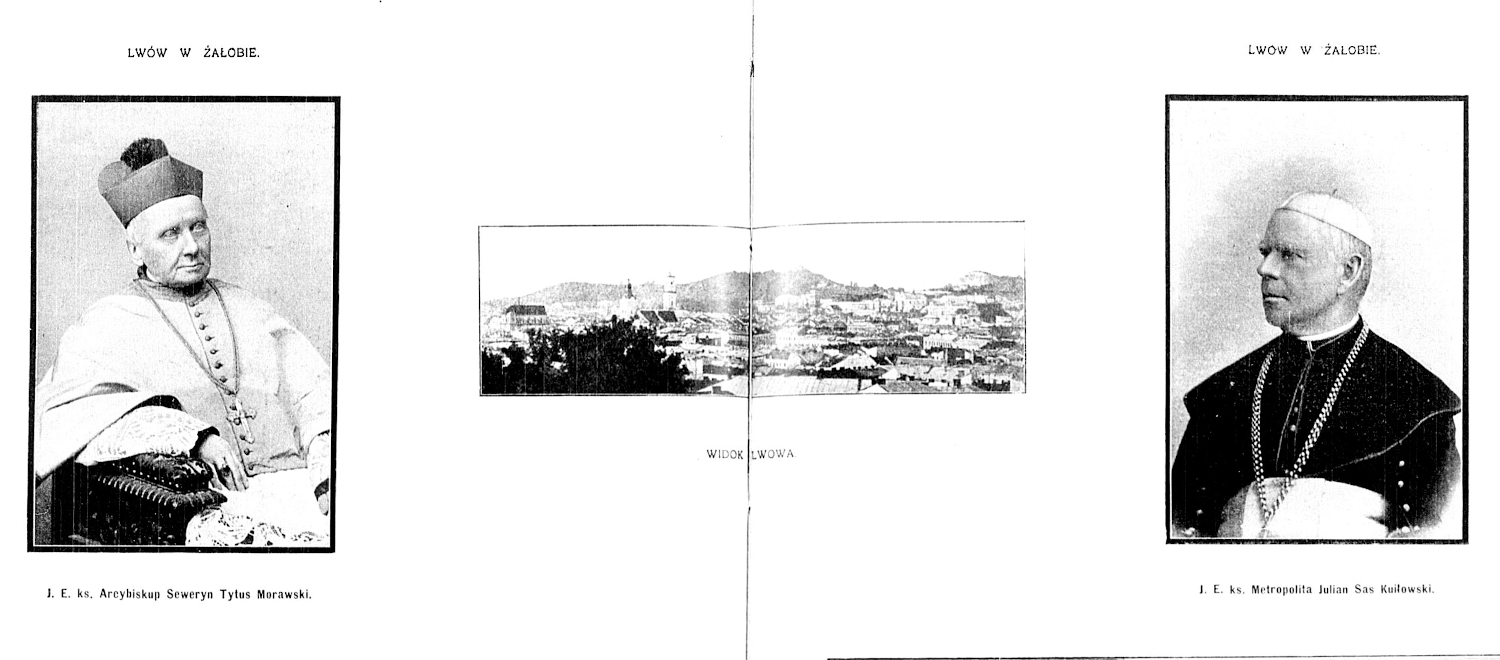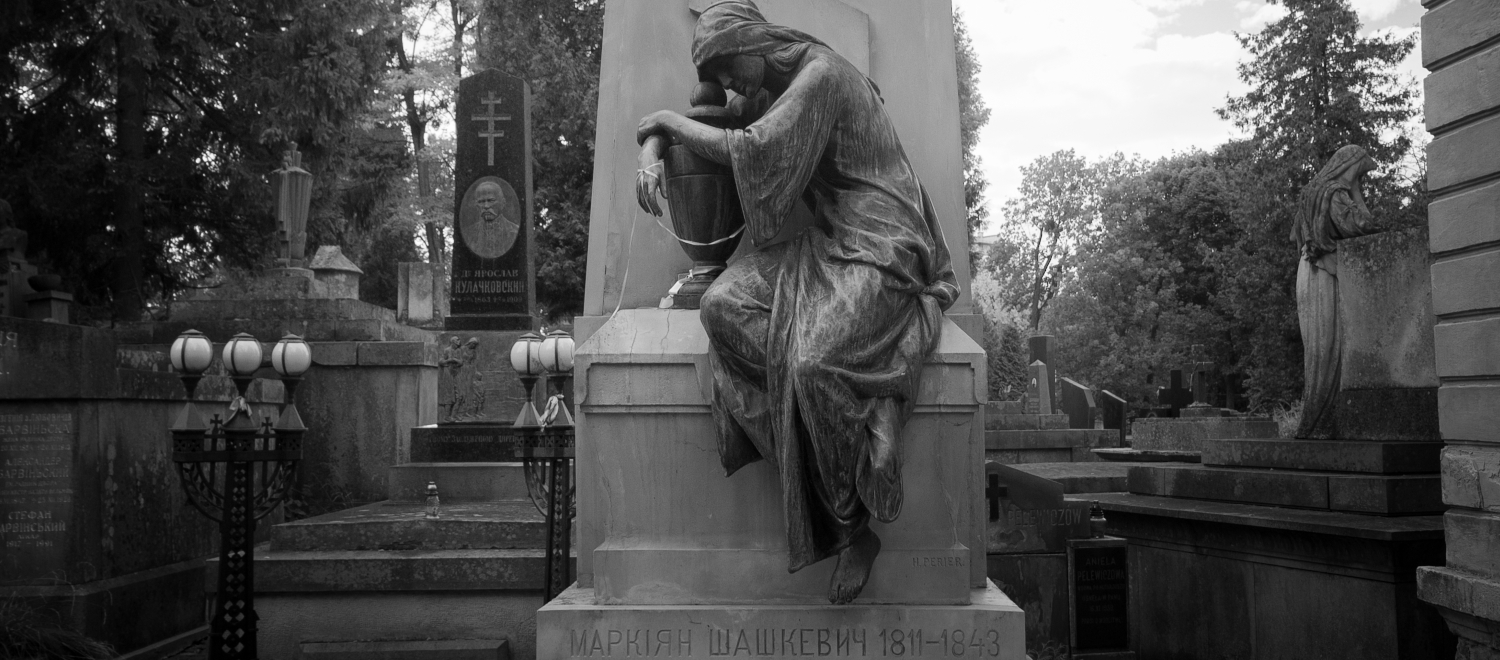

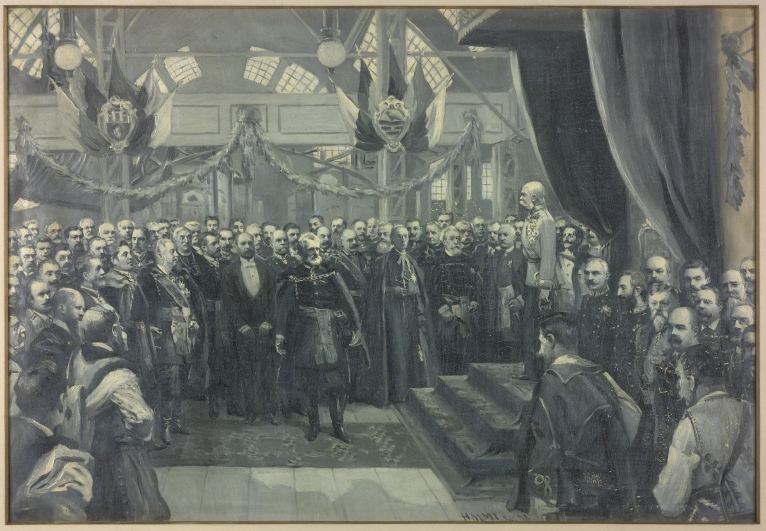
The Emperor Is Coming 1894
In 1894, Emperor Franz Joseph visited the Regional Exhibition in Lviv, which was held under his patronage.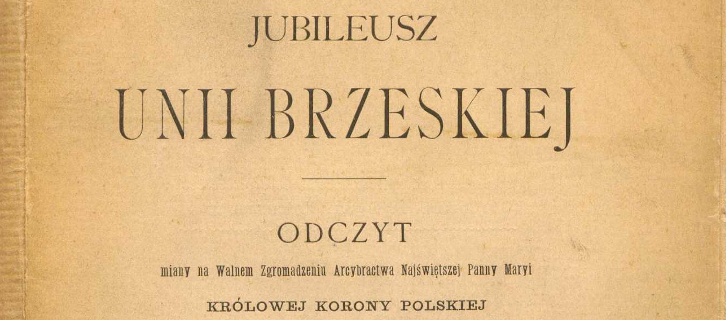
The Catholic assembly for the 300th anniversary of the Union of Brest (1896)
A mass event dedicated to the 300th anniversary of the church Union of Brest, held in Lviv in July 1896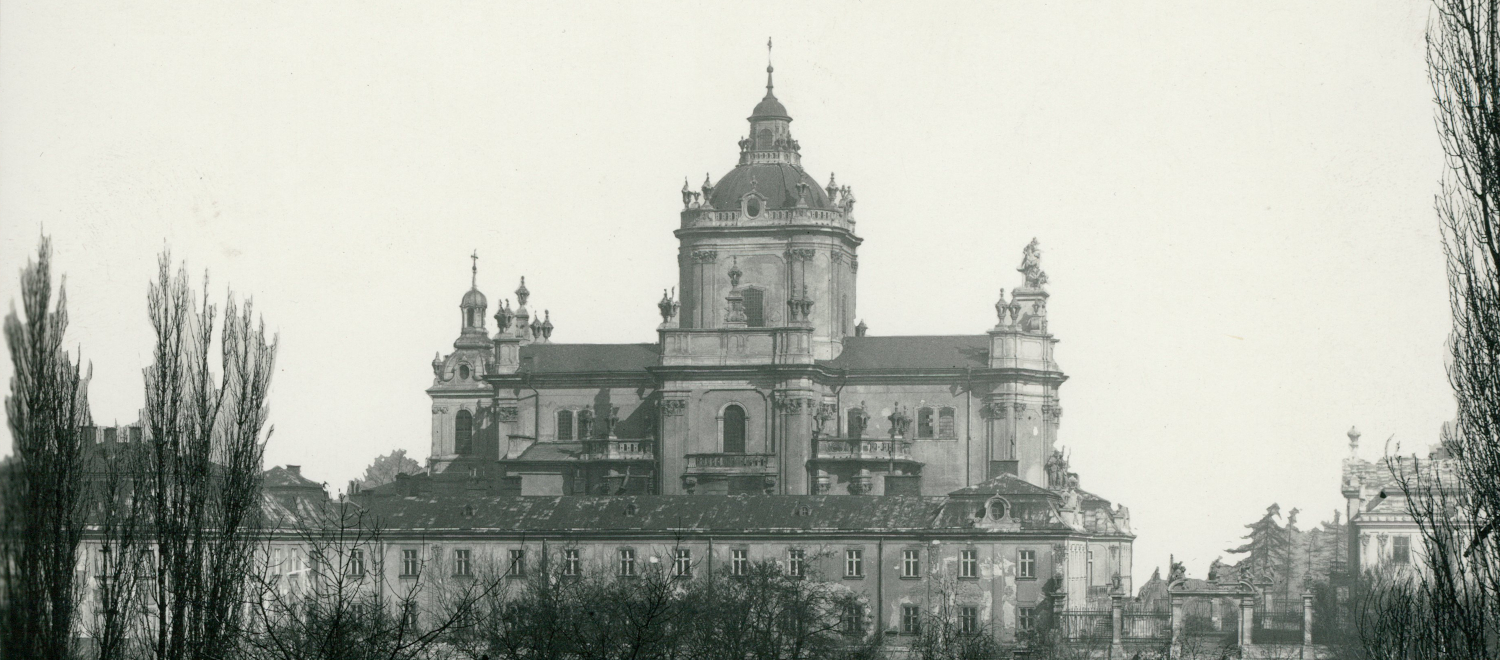
The 300th anniversary of the Brest Church Union (1896)
A series of religious celebrations dedicated to the Catholic jubilee was organized by the Lviv Metropolitanate of the Greek Catholic Church. In them, not only religious but also national affiliation was manifested and loyalty to the monarchy was demonstrated.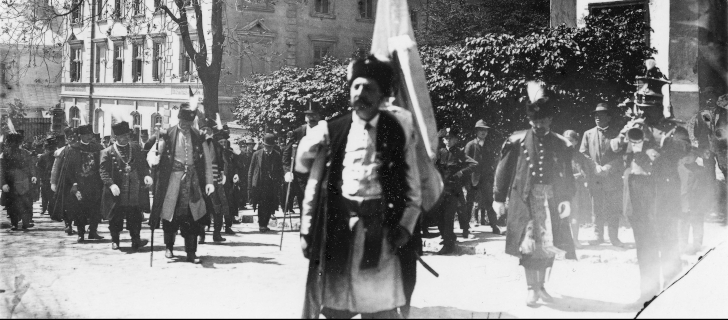
350th anniversary of the Rifle Association in Lviv (1896)
On October 18, 1896, the 350th anniversary of the Rifle Association was celebrated in Lviv. It could be an ordinary anniversary of an ordinary organization but for the role of the Strzelnica in the city’s political life in the late 19th and early 20th centuries.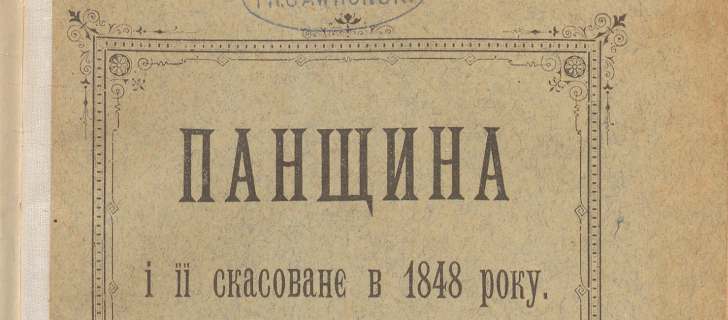
Commemoration of the 50th anniversary of the abolition of corvee labour held in Lviv (1898)
The anniversary of the "liberation of the peasantry", which was marked by a celebration in the capital of the crown province, was a confirmation of the status of Lviv both as a place where public policy was made and as a symbolic city for which national projects competed. The large-scale character of the "Ruthenian action" was, as usual, to be provided by peasants from throughout the province.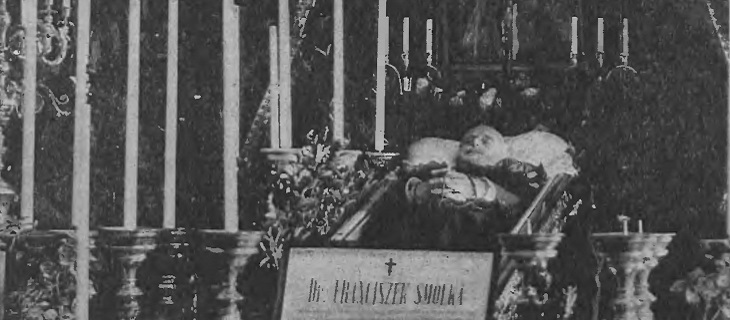
The Funeral of Franciszek Smolka (1899)
Franciszek Smolka funeral on December 7, 1899 was one of the many national events that funerals of figures of this magnitude usually turned into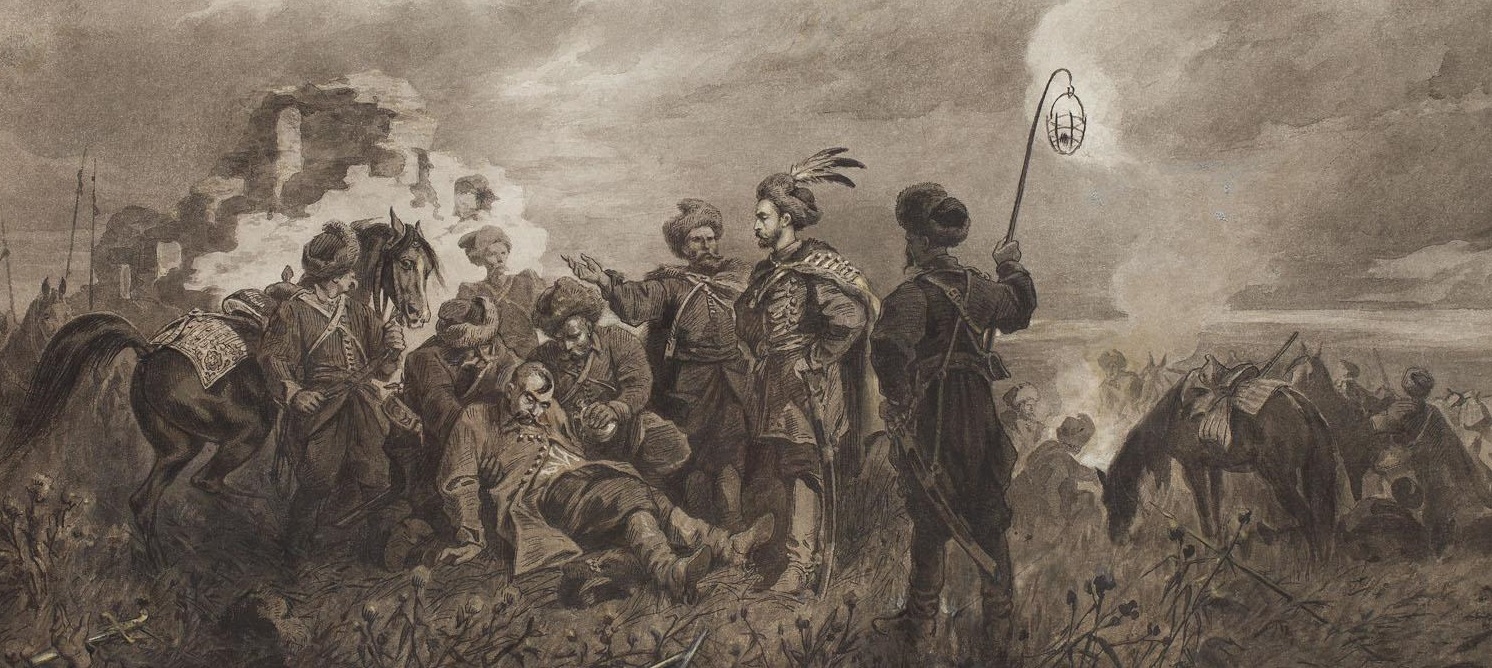
The Henryk Sienkiewicz visit to Lviv (1900)
From April 29 to May 5, 1900 an outstanding Polish writer, the author of the The Crusaders and With Fire and Sword, Henryk Sienkiewicz visited Lviv. That event became one of the most noticeable in the public life of Lviv and one of the most remarkable ones for the Polish part of Lvivites.